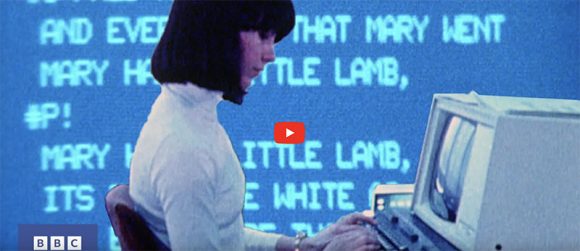
In the last few months I’ve re-experienced the power of speeding up these iterative learnings, not in business but in my re-kindled hobby of programming. I’ve been turning my nostalgic visions of what 1970s computing could have been into an emulated Apple II4, complete with an emulated 652402 CPU. Why? It’s a hobby. It is fun to once again write code without being paid, taking...

















